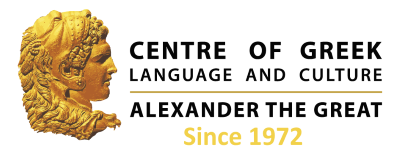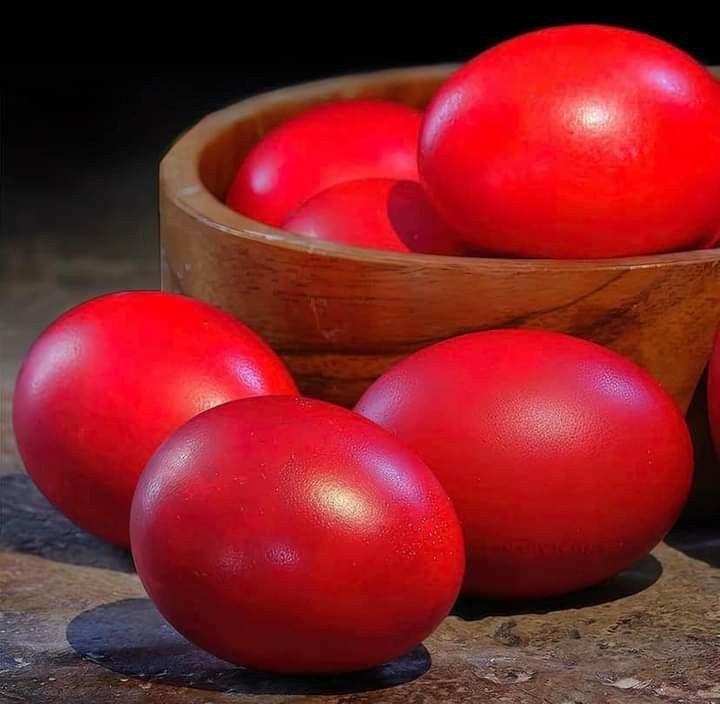Why are eggs red?
One of the oldest customs associated with the celebration of Christian Easter. It originates from Mesopotamia and the first Christian communities in the region. From there it spread to Europe and the entire Christian world. The Easter egg is red in color and symbolizes the blood that Christ shed on the Cross.
According to another tradition about the red color of eggs, the Virgin Mary, holding a basket of eggs, offered them to the guards of her Son, begging them for the life of her child, and when her tears fell on the eggs, they turned red.
According to another version, the eggs are dyed red because, one day after the Resurrection of Christ, Mary Magdalene went to Tiberius Caesar and announced to him that Jesus had risen. Next to them at that moment was a man holding a basket of eggs. Caesar, puzzled, asked Magdalene to prove that she was telling the truth by dyeing the white eggs in the basket red, which she did.
The egg in folklore is characterized as a symbol of the birth of life and creation. In addition, it has been attributed magical power (red is the color of magic), while it has been a source of inspiration for countless myths and traditions from antiquity to the present day, all over the world. The Church adopted pre-Christian superstitions, but gave them a completely different meaning.
When do we dye eggs?
Red eggs are dyed on Holy Thursday, which is considered the day of the Last Supper, when Christ offered bread and wine as a symbol of His body and His blood, ready to be sacrificed to free the world.
Red eggs are traditionally dyed on Holy Thursday by the housewife of the house and begin to be consumed on Easter Sunday, after the “rite” of rattling the Easter table.
In fact, in many regions of Greece, according to tradition, housewives cover the bowl with the red eggs with a towel so that they will be revealed on Easter. Shortly before “Christ is Risen” they take a red egg with them to church to rattle it with the “first” Christ is Risen.
Custom – Egg Cracking
Egg cracking is a traditional Easter game in many Christian countries, while in Greece it is played more as a custom or tradition than as a competitive game or competition, meaning it is not so important which player wins.
The game is simple: Two people hold a tightly boiled egg and one hits the top of their egg (nose) with the top of the other’s egg. The process is repeated with the bottom of the egg. The winner is the one who breaks the shell (shell) of the other’s egg without breaking the shell of their own egg. As with any other game, there are cases of trickery: painted eggs made of wood, cement, alabaster, and even marble have been reported.
In Greece, egg-cracking is always done with painted Easter eggs, by adults and children. Before eating them, especially at the Easter table, everyone chooses their own egg and cracks it with someone else’s, often exchanging the phrases “Christ is risen!” and “Truly risen!”, or wishing “Happy Birthday”.



